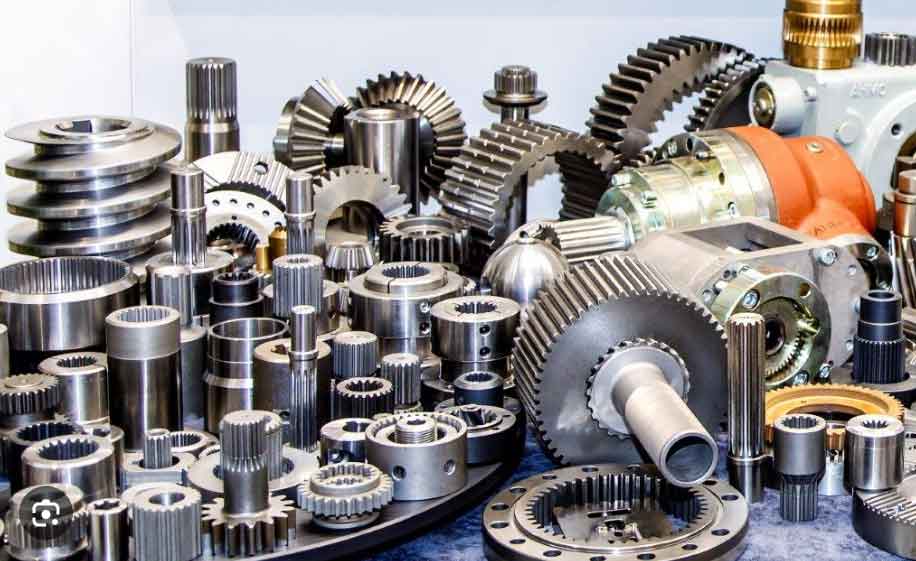Forged gear blanks play a crucial role in meeting the demands of critical gear applications. Gear blanks are the rough, unfinished components that are further processed to create gears with specific tooth profiles and sizes. The forging process offers several advantages over other manufacturing methods when it comes to producing gear blanks for critical applications.

Strength and Durability: Forged gear blanks are known for their superior strength and durability. The forging process involves shaping the metal by applying compressive forces, which leads to a refined grain structure and increased material strength. This results in gear blanks that can withstand high loads, shock, and fatigue, making them ideal for demanding gear applications.
Enhanced Metallurgical Properties: During forging, the metal is subjected to extreme heat and pressure, which alters its metallurgical properties. The grain structure of the metal is refined, and any defects or inconsistencies in the material are eliminated. This leads to improved mechanical properties, such as increased hardness, toughness, and resistance to wear. These enhanced metallurgical properties contribute to the overall performance and reliability of gears in critical applications.
Precision and Consistency: Forging allows for precise control over the shaping of gear blanks, ensuring consistent dimensions and accurate tooth profiles. By using high-quality dies and molds, manufacturers can produce gear blanks with tight tolerances, which are essential for smooth gear operation and efficient power transmission. The controlled forging process also minimizes variations and inconsistencies in the material, resulting in reliable and predictable gear performance.
Cost Efficiency: Although the initial tooling and setup costs for forging can be higher compared to other manufacturing methods, the long-term cost efficiency of forged gear blanks is significant. The inherent strength and durability of forged components reduce the need for frequent replacements, leading to lower maintenance and downtime costs. Additionally, the extended service life of forged gears translates into increased productivity and reduced overall operational expenses.
Application Versatility: Forged gear blanks are widely used in various critical gear applications, such as automotive transmissions, aerospace systems, industrial machinery, and power generation equipment. Their versatility stems from the ability to forge different materials, including carbon steels, alloy steels, stainless steels, and even non-ferrous metals. This allows manufacturers to tailor the material selection to the specific requirements of the gear application, optimizing performance and reliability.
Forged gear blanks are an excellent choice for meeting the demands of critical gear applications. Their superior strength, enhanced metallurgical properties, precision, and cost efficiency make them a reliable option for industries where gears operate under high loads and extreme conditions. By choosing forged gear blanks, manufacturers can ensure the performance, durability, and longevity of gears in critical applications.
